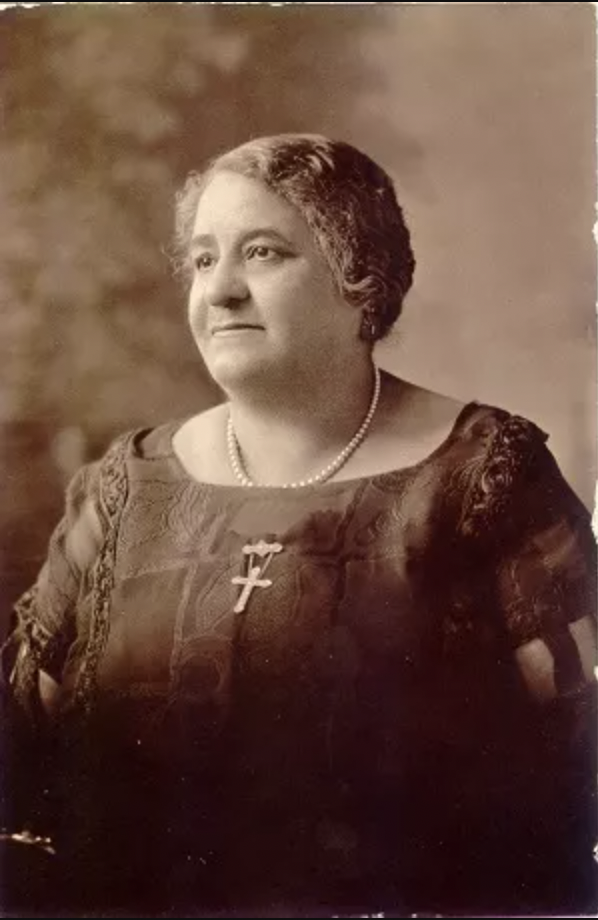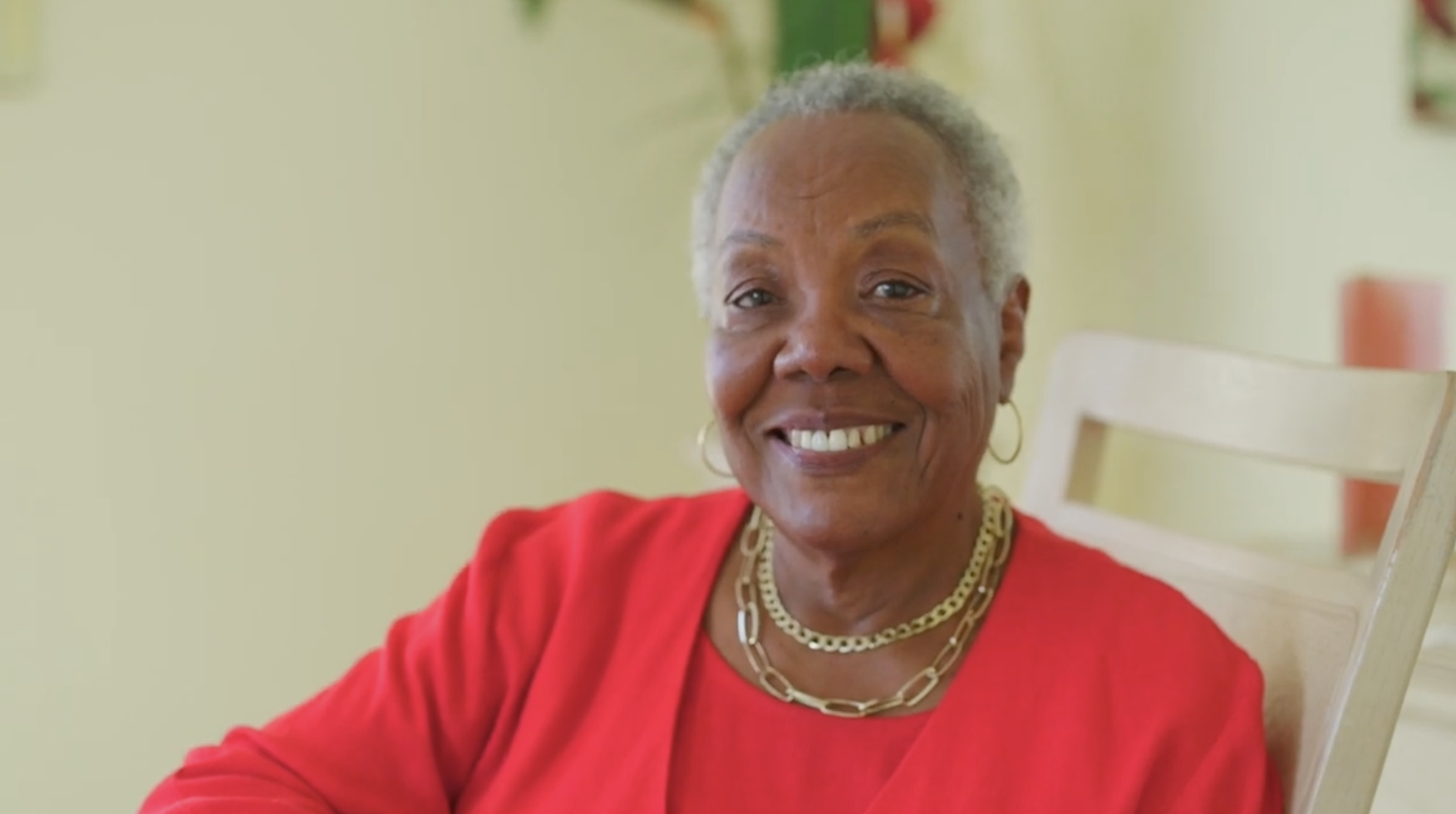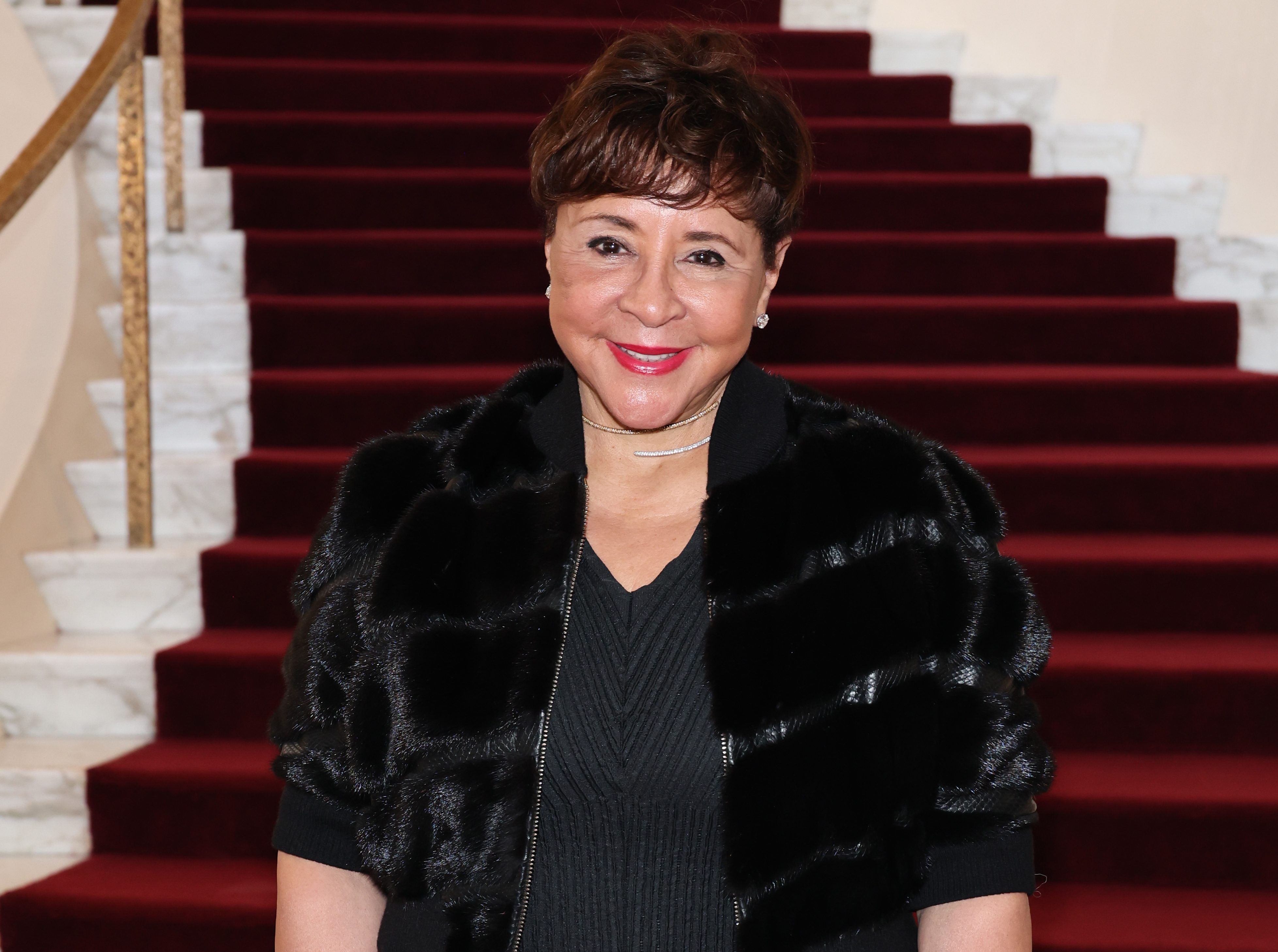From visionary entrepreneurs to corporate innovators, these dynamic female leaders rewrote the rules and reshaped industries.
Long before Black Twitter and TikTok began “standing on business,” there was a long legacy of Black women who were about their business. Today, Black women are no strangers to the business world; from women climbing the ranks of major corporations to launching empires of their own, JPMorgan reports Black women are behind nearly 2.7 million businesses in the U.S., making them the fastest-growing demographic of entrepreneurs.
While there was a significant spike in entrepreneurship as the world shifted in 2020, Black excellence in business existed long before then. Black women like Ursula M. Burns and Cathy Hughes walked so that modern-day businesswomen like Oprah Winfrey and Issa Rae could run. From innovative startups to corporate giants, these women exemplify resilience, creativity, and unwavering determination, proving that success can transcend race and gender.
Maggie Lena Walker

In 1903, Maggie Lena Walker chartered the Saint Luke Penny Savings Bank in Richmond, Va., making her the first Black woman to charter a bank in the United States. In addition to segregation, at the time, the banking and finance industries were boys’ clubs that offered little to no leadership opportunities for women, let alone women of color. Walker broke this norm by not only establishing the bank in Richmond but also serving as its president, where she led the business through the financial struggles of the Great Depression. According to the Library of Congress, the Saint Luke Penny Bank worked to empower the Black community by increasing home ownership through the distribution of mortgage loans to Black families and employment rates by primarily selecting Black women to lead its operations.
Ursula M. Burns

In 2009, Ursula Burns made history as the first Black woman to lead a Fortune 500 company when she was named chief executive officer of Xerox. Before her historic rise to leadership, Burns started her career as a mechanical engineering summer intern for Xerox. Gradually climbing the corporate ladder, she ascended from that internship into full-time employment to senior vice president of Xerox’s corporate strategic services, and, eventually, CEO.
By 2015, the C-suite executive had helped the business generate $18 billion in revenue, per Forbes. While leading the Xerox team, President Barack Obama appointed Burns to the forefront of the White House National STEM program in 2009. After stepping down as CEO, she continued to share her leadership and industry knowledge by serving on boards for the University of Rochester, the MIT Corporation, Boston Scientific, FIRST, the National Association of Manufacturers, the RUMP Group and more.
Lillian Lincoln Lambert

In 1969, Lillian Lincoln Lambert became the first Black woman to earn a master’s degree from the Harvard School of Business.
“I had no idea what to expect when I got [to Harvard],” Lambert, a Howard University undergraduate alumna, told Forbes. “That first day, I was the first person to get to the dorm. I got there early and was greeted by this older lady who told me, ‘The dorm isn’t ready. Won’t be ready for a couple of hours. You can put your bags here and go sit in the park.’ So that’s what I did. While sitting there, I was thinking, ‘What have I gotten myself into?’ I just wanted to go back, get my suitcase and go back home. I didn’t want to be there. But then I started thinking about all the people that supported me to get there. I had been excited about being there. They were excited about me being there. Something said. ‘You’ve got a responsibility to stay here and see this through.’ So I went back to the dorm and checked in.”
Lambert’s journey paved the way for diversity in subsequent Harvard School of Business classrooms and has since inspired generations of students. After graduation, she went on to launch a career in the building maintenance industry, becoming an entrepreneur who accrued $20 million before selling her company, per Forbes. Today, Lambert is an author and public speaker sharing her success story and learnings around the country.
Cathy Hughes

Media pioneer and radio maven Cathy Hughes is the first Black woman to lead a publicly traded media company on the U.S. Stock Exchange. Hughes began her career in radio before becoming a lecturer in the early years of Howard University’s School of Communications. Beyond the classroom, she served as vice president and general manager at the university’s radio station, WHUR, making her the first woman to hold these roles at a station in Washington, D.C. She continued to make history, inventing the revolutionary “Quiet Storm” radio format – a late-night segment hosted by a DJ with a deep, soothing voice playing a mix of R&B, jazz, soul and blues.
Changing the landscape of Black radio, Hughes went on to co-found and lead Radio One, the largest Black-owned and operated broadcast company, the first Black company in radio history to dominate several markets and the first woman-owned station to rank No. 1 in any major market. Since then, Hughes has been recognized for her work by the NAACP, the Congressional Black Caucus, the American Advertising Federation Hall of Fame, and more.
Over 40 years later, Radio One lives on as a subsidiary of Urban One.
Sheila Johnson

In 1980, Sheila Johnson and her husband, Robert, co-founded Black Entertainment Television, popularly known as BET. Geared specifically towards Black audiences, the cable network was led by Johnson, who served as executive vice president for corporate affairs. During her tenure, Johnson spearheaded a number of initiatives, including the show Teen Summit, which ran from 1989 to 2002 and spoke directly to the experiences of Black teenage viewers. Following the Johnsons’ divorce in 1999, Sheila left BET and a year later sold the rest of her shares in the company for $3 billion, making her the first Black female billionaire. Soon after, she created Salamander Hotels and Resorts, a collection of hotels ranging from Middleburg, Va., to Montego Bay, Jamaica. In addition to her work in hospitality, Johnson is an author and the only Black woman to own stakes in not one but three professional sports teams: the WNBA Mystics, NBA Wizards and NHL Capitals, per Forbes.
Aurora James

Aurora James is the creative director and founder of Brother Vellies, a luxury accessory brand that not only celebrates cultural history but also strives to keep African artisanship alive by creating jobs across the globe. Worn by a number of celebrities, including Solange, Beyoncé, Zendaya and more, the brand’s notoriety within the industry grew.
In the midst of the 2020 lockdown and racial uprising, James founded a nonprofit advocacy organization designed to diversify retail shelves called the Fifteen Percent Pledge. What started as an Instagram post has since grown into a fully staffed organization that has partnered with almost 30 major retailers, including Macy’s, Nordstrom, Sephora, Ulta Beauty and more. In addition to helping get more Black-owned businesses into more retailers, the Fifteen Percent Pledge offers grants to support Black entrepreneurs in scaling their businesses.
Sarah Bond

In 2023, Sarah Bond became the president of Xbox at Microsoft, making her the first Black woman to hold the title at ant major multinational gaming company, according to Black Girl Gamers. Before being appointed as president, Bond joined Microsoft in 2017 as the corporate vice president of gaming partnerships and business development. In her vice presidential role, she also leads diversity and inclusion initiatives at Microsoft, working as an executive sponsor of the employee resource group “Blacks @ Microsoft.”
Mellody Hobson

Mellody Hobson is the president and co-CEO of Ariel Investments, one of the nation’s oldest Black-owned firms with over $16 billion in assets. Sitting on the board of several major corporations like JPMorgan Chase and previously leading other major entities like DreamWorks and Estée Lauder, Hobson has not only risen to be a prominent businesswoman but also an advocate for financial literacy and diversity, equity, and inclusion. In 2017, Hobson became the first Black chair of the Economic Club of Chicago in its 90-year history. Similarly, she made history at her alma mater, Princeton University, when the Ivy League renamed its residential college after her in 2020.
Eunice Johnson

Businesswoman Eunice Johnson forged a path for Black women in not only the beauty sector but also fashion. After establishing Ebony Magazine with her husband, John Johnson, Eunice pioneered an initiative to introduce the Black middle class to luxury fashion. The Ebony Fashion Fair was an annual fashion show that traveled from coast to coast showcasing haute couture garments. Becoming one of the most sought-after events of the year amongst Black women, the event offered a unique runway for Black models and designers like Stephen Burrows, Patrick Kelly, Willi Smith, L’Amour and more to showcase their talents.
“She just wanted to prove there was nothing you couldn’t do; there was no barrier to Black beauty. She would put the brightest yellow [or] brightest orange on the most dark-skinned model she had,” Linda Johnson Rice, Johnson Publishing CEO and daughter of John and Eunice, told Ebony Magazine.
With a passion for fashion, Johnson reportedly acquired nearly 8,000 couture ensembles despite having to beg, persuade and threaten European designers to sell her pieces as a Black woman. Her work with the fashion show inspired her to create the makeup brand Fashion Fair and raised approximately $55 million for Black charities like the United Negro College Fund and more. The Ebony Fashion Fair ran from 1958 to 2009, but in 2017, the Chicago History Museum curated “Inspiring Beauty: 50 Years of Ebony Fashion Fair,” an exhibition of Johnson’s sartorial collection highlighting the biases she overcame during her quest to bring high fashion to Black audiences.
Never miss a beat: Get our daily stories straight to your inbox with theGrio’s newsletter.
The post 9 Black groundbreaking women who were about their business appeared first on TheGrio.

